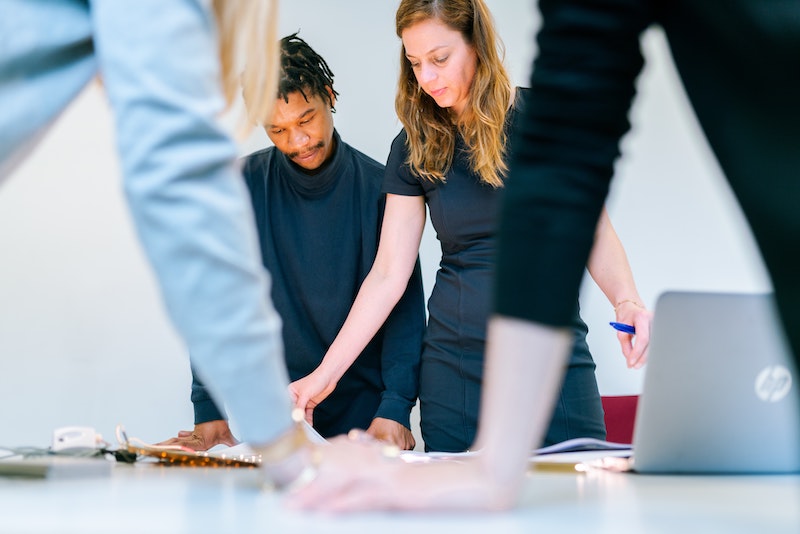A career as a design engineer is all about transforming ideas into real products. It offers the chance to combine creativity with engineering expertise.
What does a design engineer do?
Design engineers study, research and develop ideas for new products and the systems used to make them. They also modify existing products or processes to increase efficiency or improve performance. They work on almost every consumer product imaginable for large-scale production, from telephones and medical equipment to kitchen appliances and car engines.
Design engineers are not only concerned with making products that look good and are easy and safe to use: they are also concerned with ensuring that the product can be made cost-effectively and efficiently.
Typical tasks include:
- studying a design brief
- thinking of possible design solutions
- researching whether the design will work and be cost-effective
- assessing the usability, environmental impact and safety of a design
- using computer-aided design (CAD) and computer-assisted engineering (CAE) software to create prototypes
- collecting and analysing data from tests on prototypes
- modifying designs and retesting them
- writing regular progress reports and presenting them to project managers and clients
With experience, your career can lead to senior design positions in larger organizations and then on to posts as creative director. Design engineers can also move into management roles such as project management and new business development.
Typical employers of design engineers:
- Design consultancy firms
- Large manufacturing companies
- Biomedical companies
- Engineering companies
- Consumer goods manufacturers
Qualifications and training required:
There are routes into a design engineering career for both university graduates and school leavers. Graduates will need a degree in a relevant engineering discipline such as design engineering, electronics engineering, industrial design, mechanical engineering and product design engineering.
The fastest route to gaining chartered status is to take an accredited MEng degree, followed by at least four years’ vocational training with an accredited employer
Relevant experience can be helpful; many employers offer final-year project work, sponsorship, vacation work and industrial placements, which can provide valuable contacts and a useful insight into the profession.
Key skills for design engineers:
- Strong maths and IT skills
- A creative flair and design ability
- Good visual and spatial awareness
- Attention to detail
- Problem solving
- Written and oral communication
- Commercial awareness
- Excellent project management skills
- Time management and organisational skills
Recommended IBDP subjects needed to apply to university to study Design Engineering:
Math HL and Physics HL.

